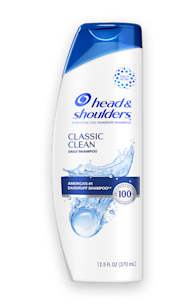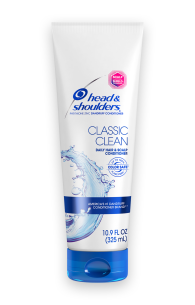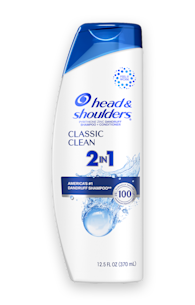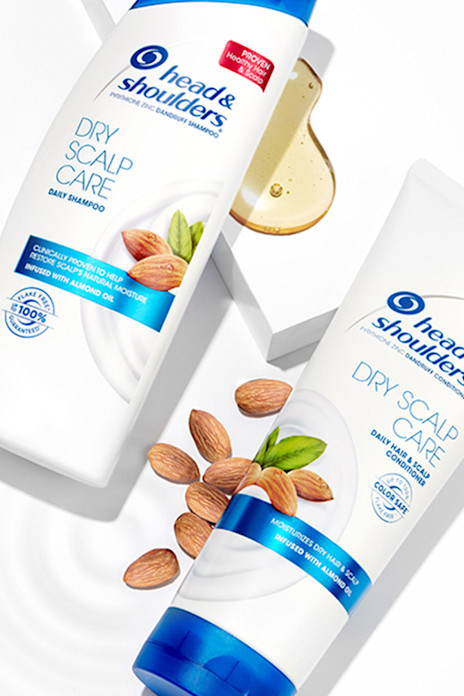FOOD AND DANDRUFF – WHAT’S THE LINK?

Is there a link between dandruff and food? Can your diet cure your flakes? Find out with our guide.
Look online and you’ll find a diet for every ailment – including dandruff. But is there really a link between food and dandruff?
The short answer is that this link doesn’t really exist. To explain, we’re going to look at how dandruff forms, and how diet can affect your hair.
What is dandruff?
While there are a lot of conditions that cause dandruff-like symptoms, dandruff is actually caused by sensitivity to oleic acid, a by-product of an organism called Malassezia globosa.
Malassezia globosa is a yeast-- a single-celled fungus -that lives on the scalp. It survives off the natural oils present on your scalp, and for many of us it lives a perfectly harmless existence.
Unfortunately, sometimes it causes dandruff. For those who are sensitive to it – and that’s 50% of the world’s population – oleic acid irritates the scalp.
The natural renewal of cells becomes disturbed, causing the white flakes, irritation and itchiness that we associate with dandruff.
Food and dandruff
The most cited link between food and dandruff is thanks to the Malassezia globosa yeast. The theory goes that since dandruff is caused by a yeast, yeast-based foods might make things worse. Avoiding these foods, they say, prevents or even stops dandruff altogether.
Unfortunately, this theory is based on a misunderstanding of the cause of dandruff. It’s the yeast living on your scalp, not in your digestive system, that causes dandruff.
Also, the one that causes dandruff- Malassezia globosa- isn’t used in cooking (it’s Saccaromyces that’s typically used for baking and making wine or beer).
Limiting what you consume won’t much affect the yeast that lives on your scalp, making oleic acid. It also won’t change your individual sensitivity to oleic acid.
This means that changing the way you eat won’t cure your dandruff – for that, you need a dandruff shampoo.
But that doesn’t mean that your diet’s unimportant.
A well-balanced diet will help strengthen and protect your scalp and hair, so ensure that you get the nutrients you need for skin and hair health, like protein, iron, omega-3 fatty acid, and zinc.
Your hair care routine is another important way to make sure your hair and scalp remain healthy. Look for a nourishing shampoo that provides essential moisture to scalp and hair, while preventing dandruff.





